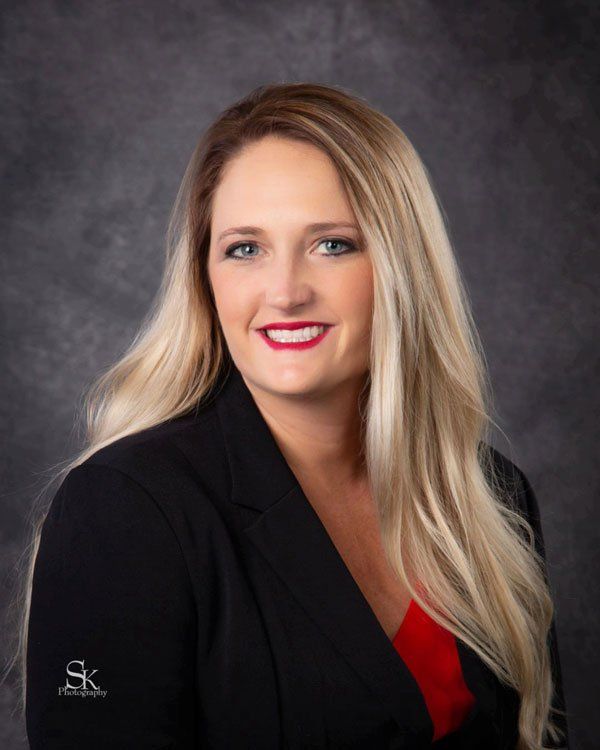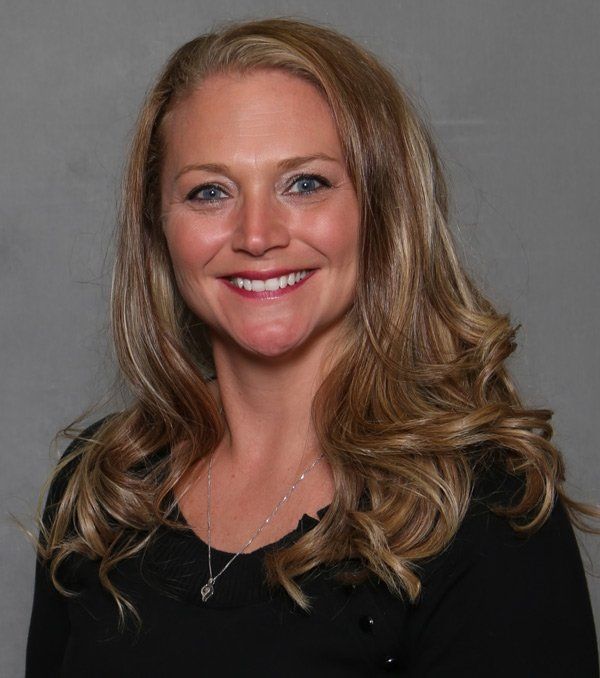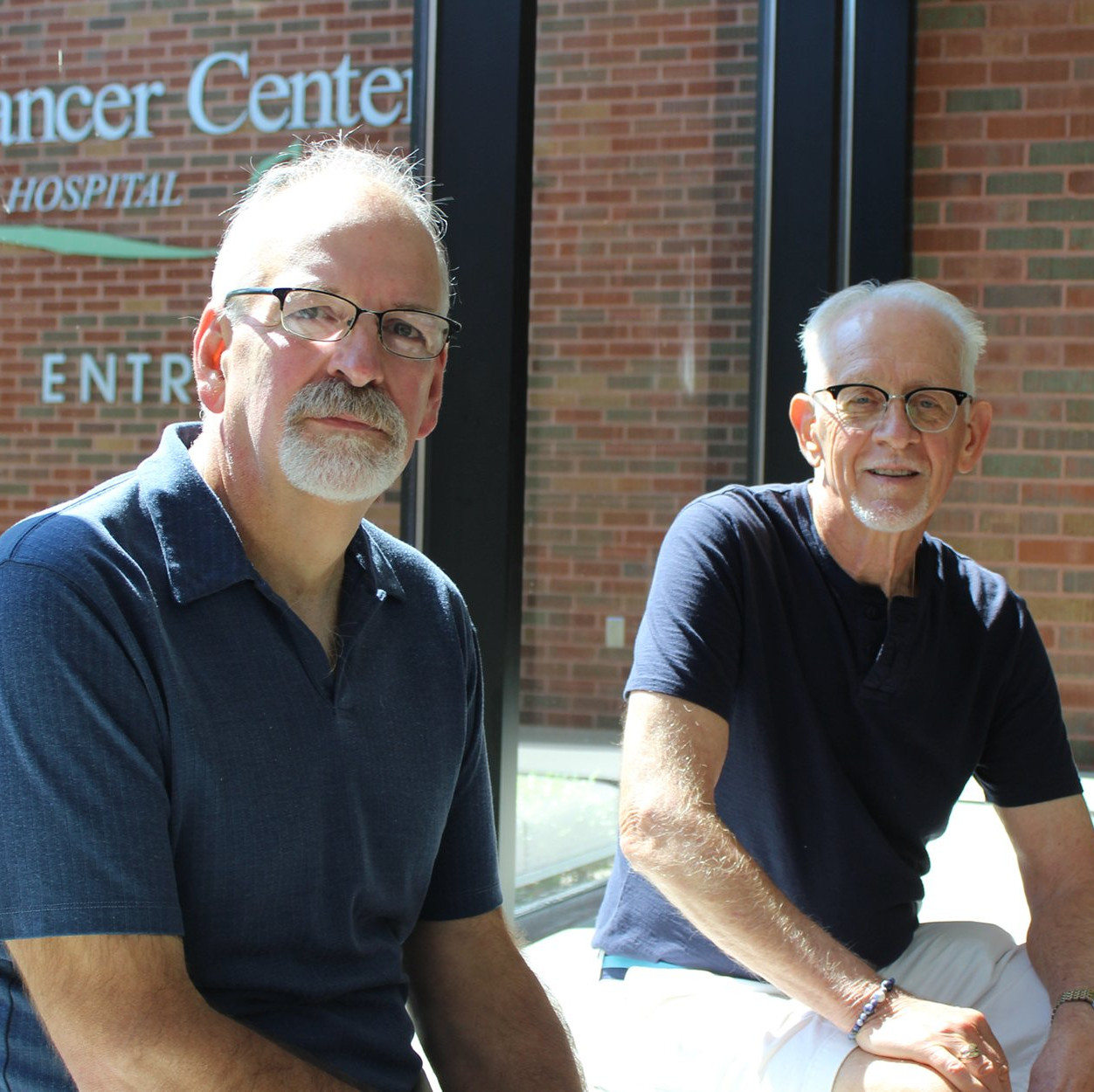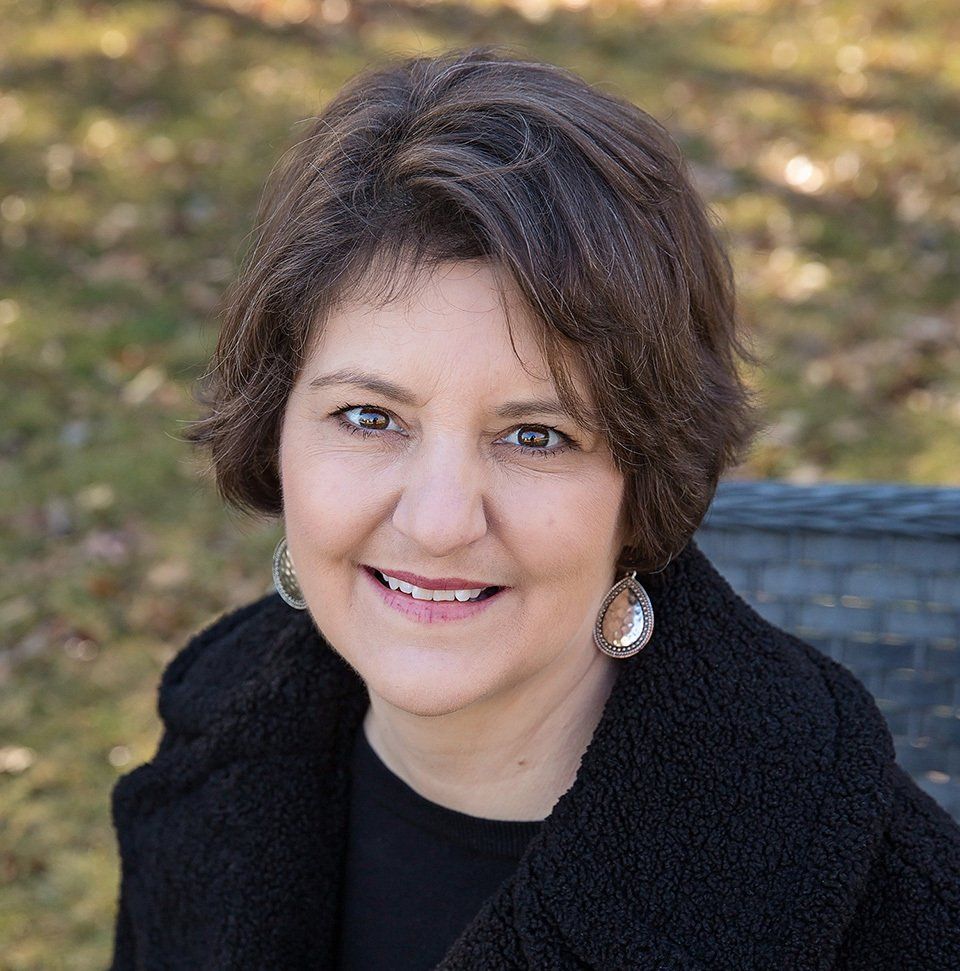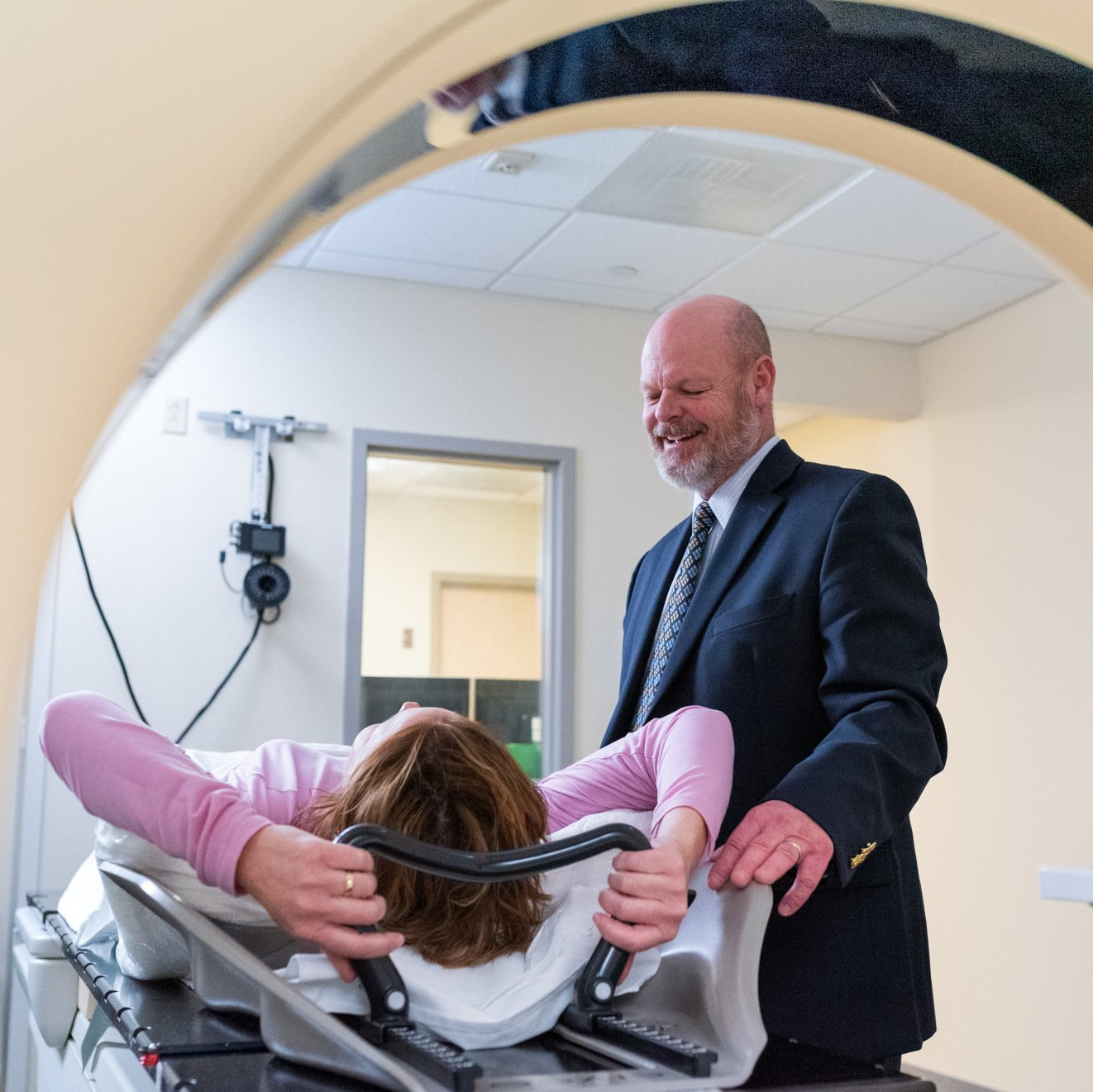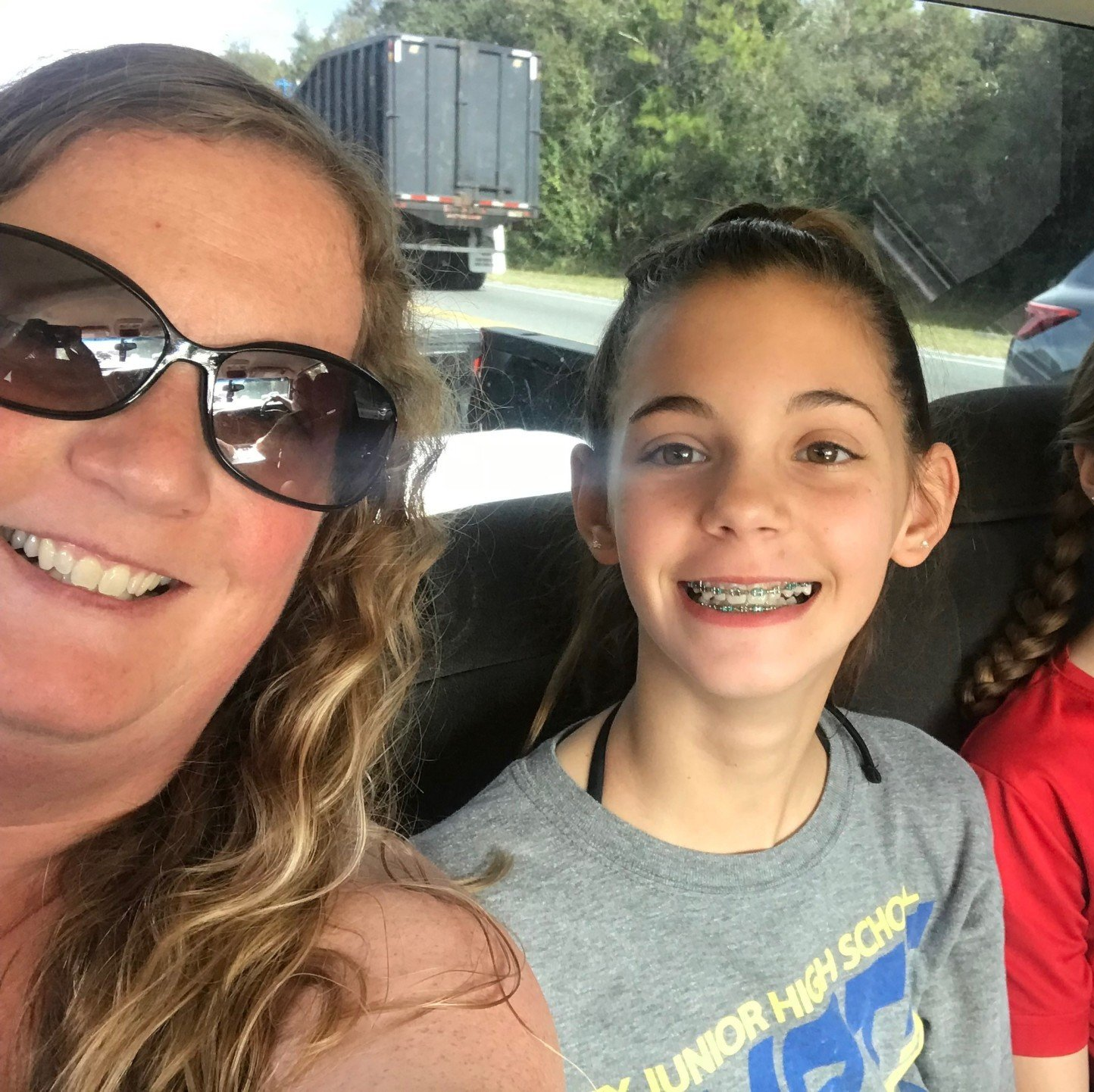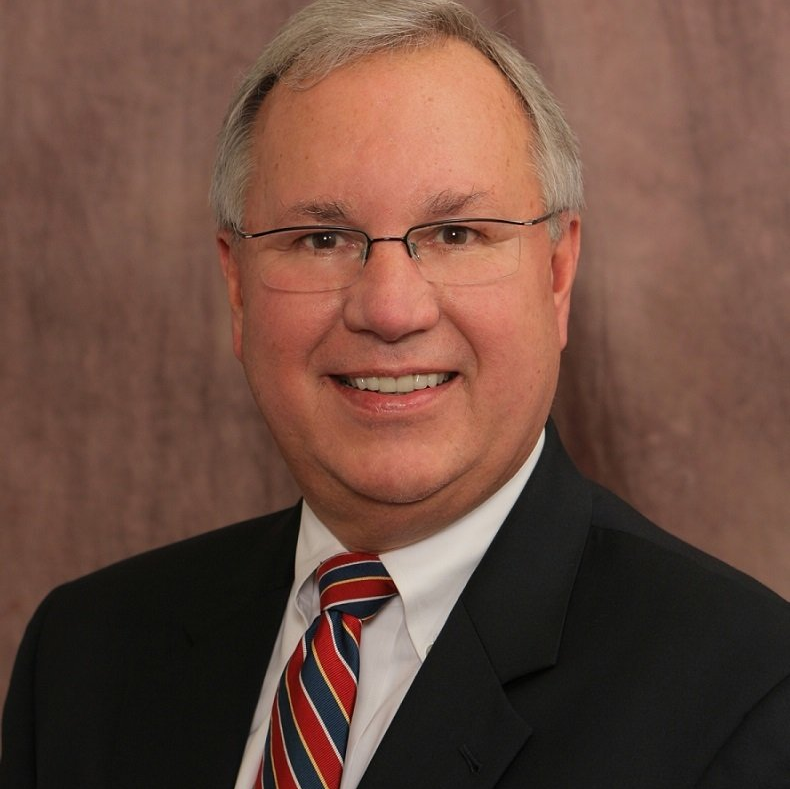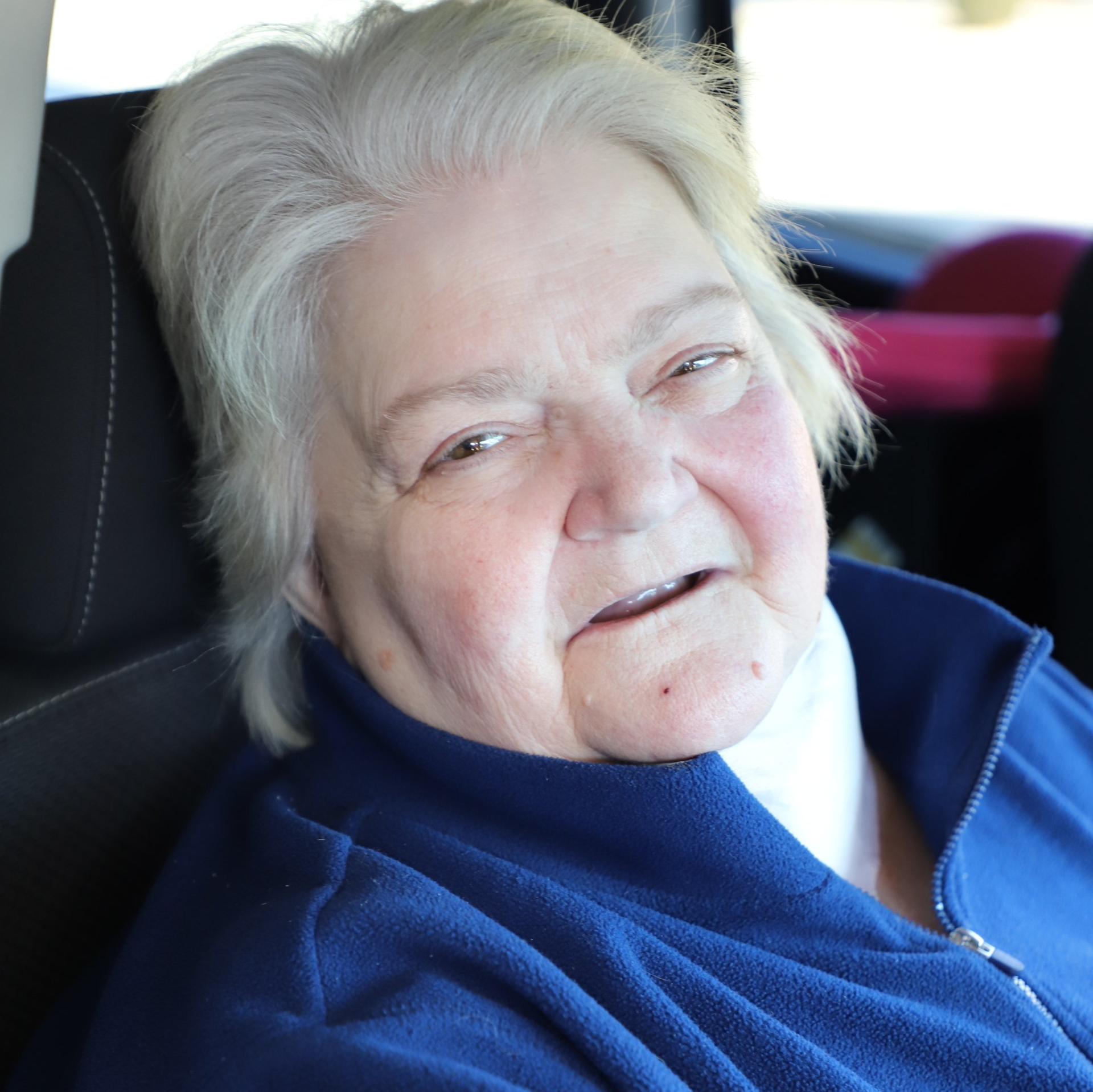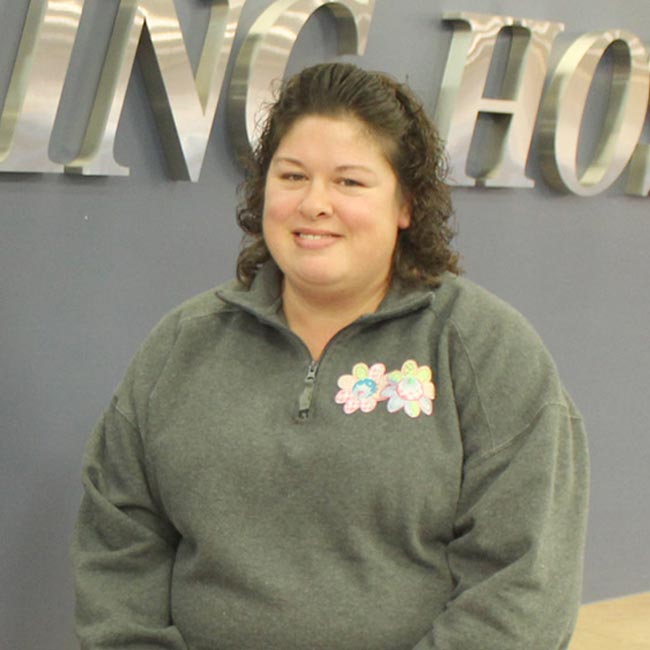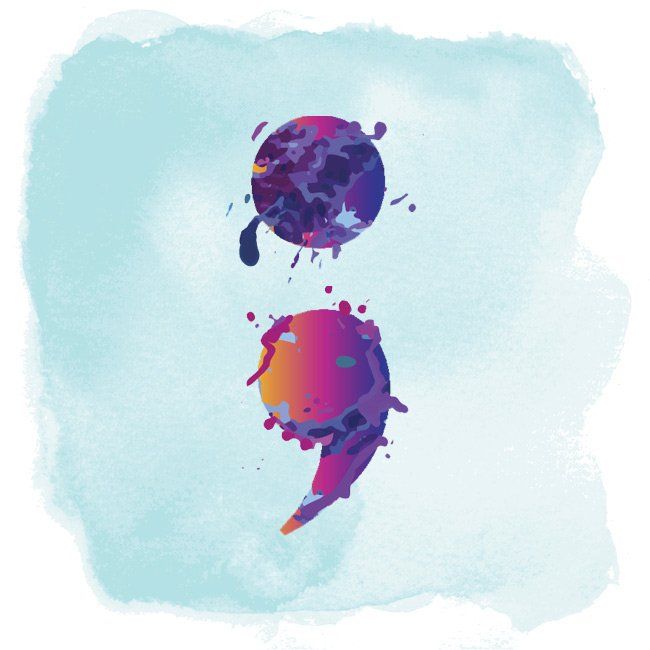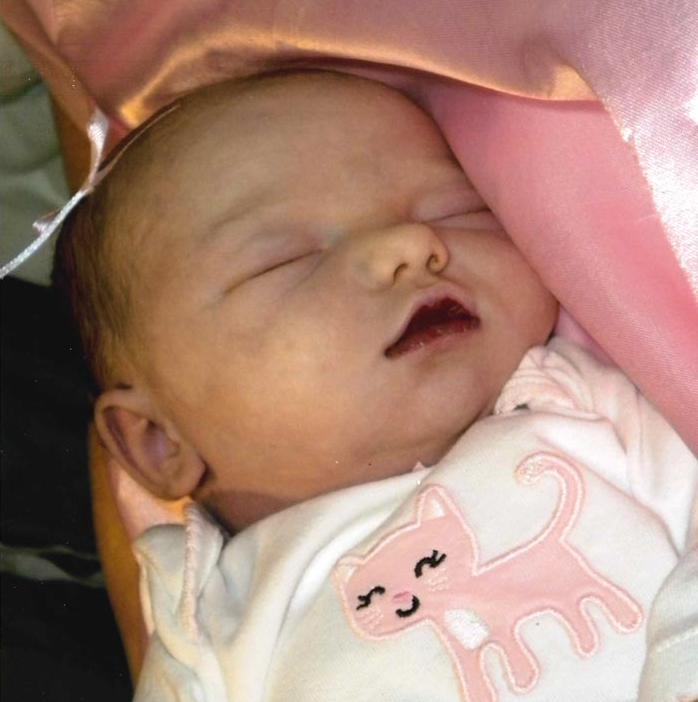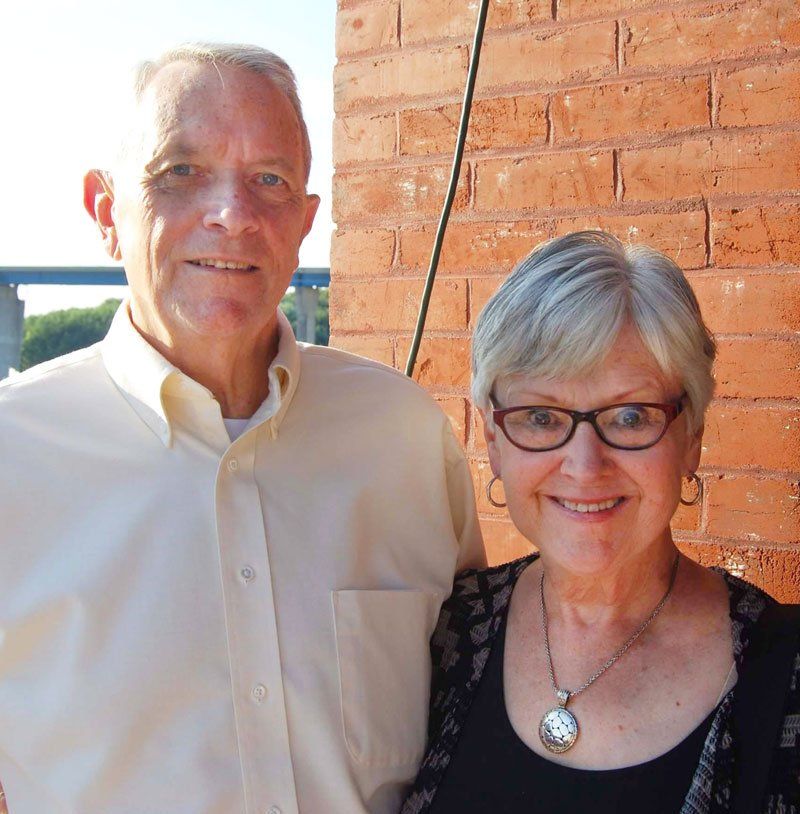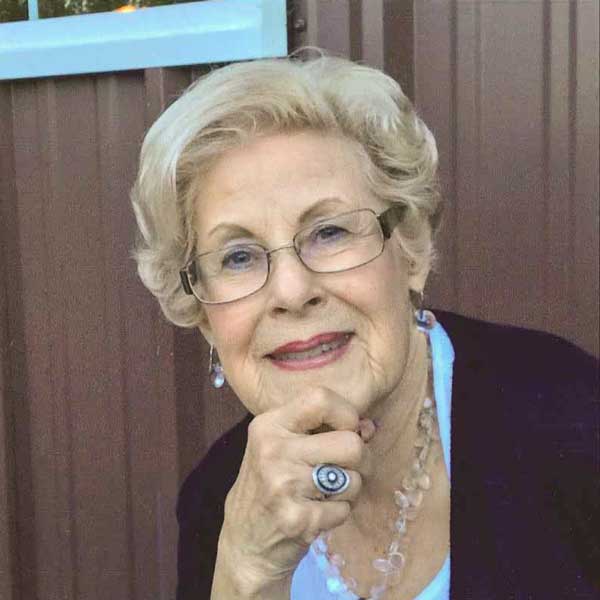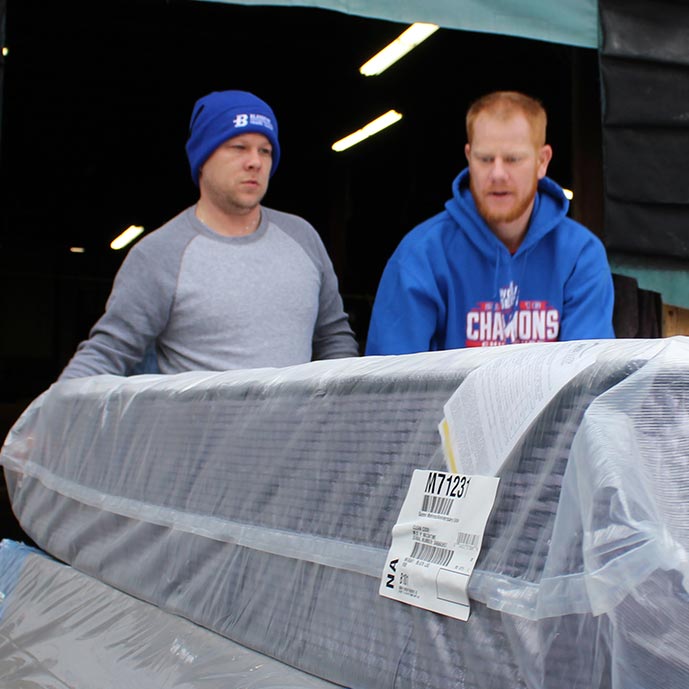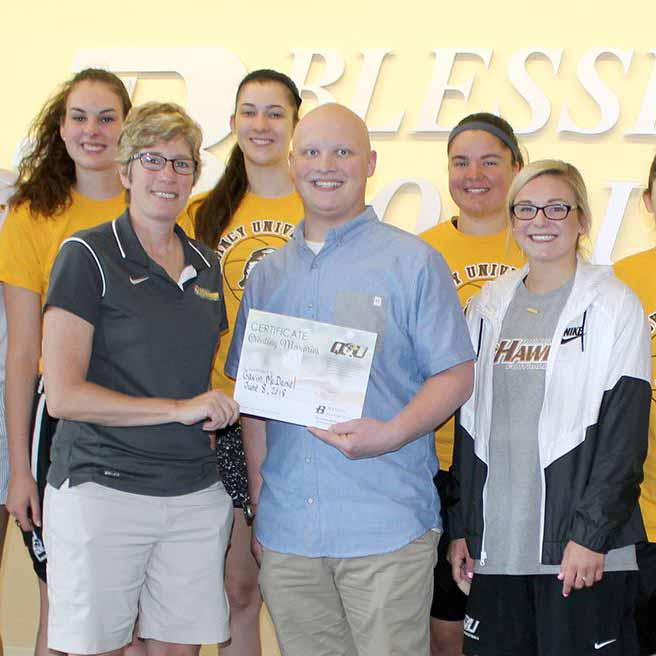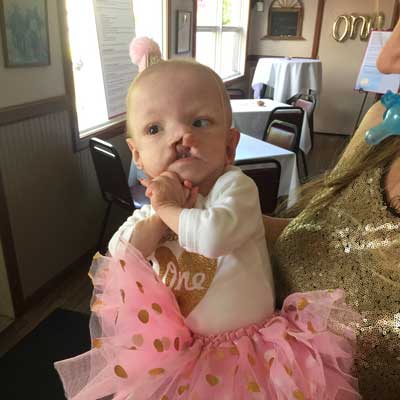Small gifts help patients with diabetes prevent life-threatening complications
August 2019
Diabetes is costly and can be difficult to manage for those with financial hardships
The Blessing Foundation meets patients’ needs so they can focus on their health
Angie Lockwood had just two cans of food in her home this past May. Because of unexpected expenses, she didn’t have money for groceries and wouldn’t have money for about two weeks.
Angie has diabetes and a slew of other health issues.
The Diabetes Patient Care Fund
Among the more than 60 funds administered by the Blessing Foundation is the Diabetes Patient Care Fund. It might not be as well-known as the funds that help cancer, heart, or hospice patients.
But it’s just as vital.
It helps patients like Angie and so many others better manage their diabetes. They get the supplies, nutrition, and other support that they need to stay healthy. Otherwise, they’re at high risk for hospitalization, life-threatening complications, and other chronic diseases.
“If we don’t take care of the root problem – diabetes – patients will continue to have heart problems, kidney failure, and hypertension,” said Erin VonderHaar, nurse manager, Blessing Diabetes and Wound Center.
Diabetes is the leading cause of heart disease, stroke, kidney disease, blindness, and lower-limb amputations.
‘Why Are You Doing This for Me?’
- A patient who walks a lot needed special shoes to prevent diabetic foot problems. He couldn’t afford them, so the Blessing Foundation stepped in. Without those shoes, he could have developed a foot ulcer that might have led to amputation.
- A patient with diabetes and other complications needed a nebulizer to prevent breathing problems and costly emergency room visits. She didn’t have the money, so the Blessing Foundation paid the bill.
- A patient couldn’t afford nutritional supplements. The Blessing Foundation provided the supplements, so the patient could keep blood sugars in a healthy range.
- A patient’s insulin pump dramatically improved how well the disease was being managed. But the patient lost insurance and public aid hadn’t yet kicked in. The Blessing Foundation filled the financial gap.
- A patient who lost a significant portion of her household income stopped taking her insulin because she didn’t have food. The Blessing Foundation arranged transportation so she could get to the grocery store.
